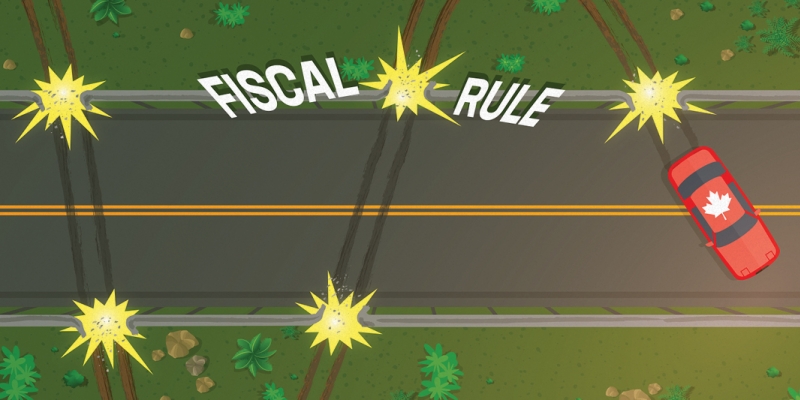
Bev Dahlby
– Senior Fellow, Fraser Institute
Bev Dahlby, Senior Fellow of the Fraser Institute, attended St. Peter’s College, the University of Saskatchewan, Queen’s University and the London School of Economics. He was Professor of Economics at the University of Alberta from 1978 to 2012 and Distinguished Fellow in Tax and Economic Growth at the School of Public Policy at the University of Calgary from 2012 to 2020. Bev has published extensively on tax policy and fiscal federalism. He has served as an Associate Editor of Canadian Public Policy and a member of the editorial board of the Canadian Tax Journal. He has been a member of the Executive Council of the Canadian Economics Association and the National Statistics Council. Bev has also served as a policy advisor to the federal and provincial governments. In 2010-11, he was a member of the Expert Panel on Federal Support to Research and Development (Jenkins Panel) and the Ecofiscal Commission from 2014 to 2019. In July 2016, he was appointed Chair of the British Columbia Commission on Tax Competitiveness by the BC Minister of Finance. In May 2019, Bev was appointed by the Government of Alberta to the Blue Ribbon Panel to review the province’s finances. His international experience includes advisory work on tax reform for the IMF in Malawi, for the Thailand Development Research Institute, and for the World Bank in Brazil and Mexico.



